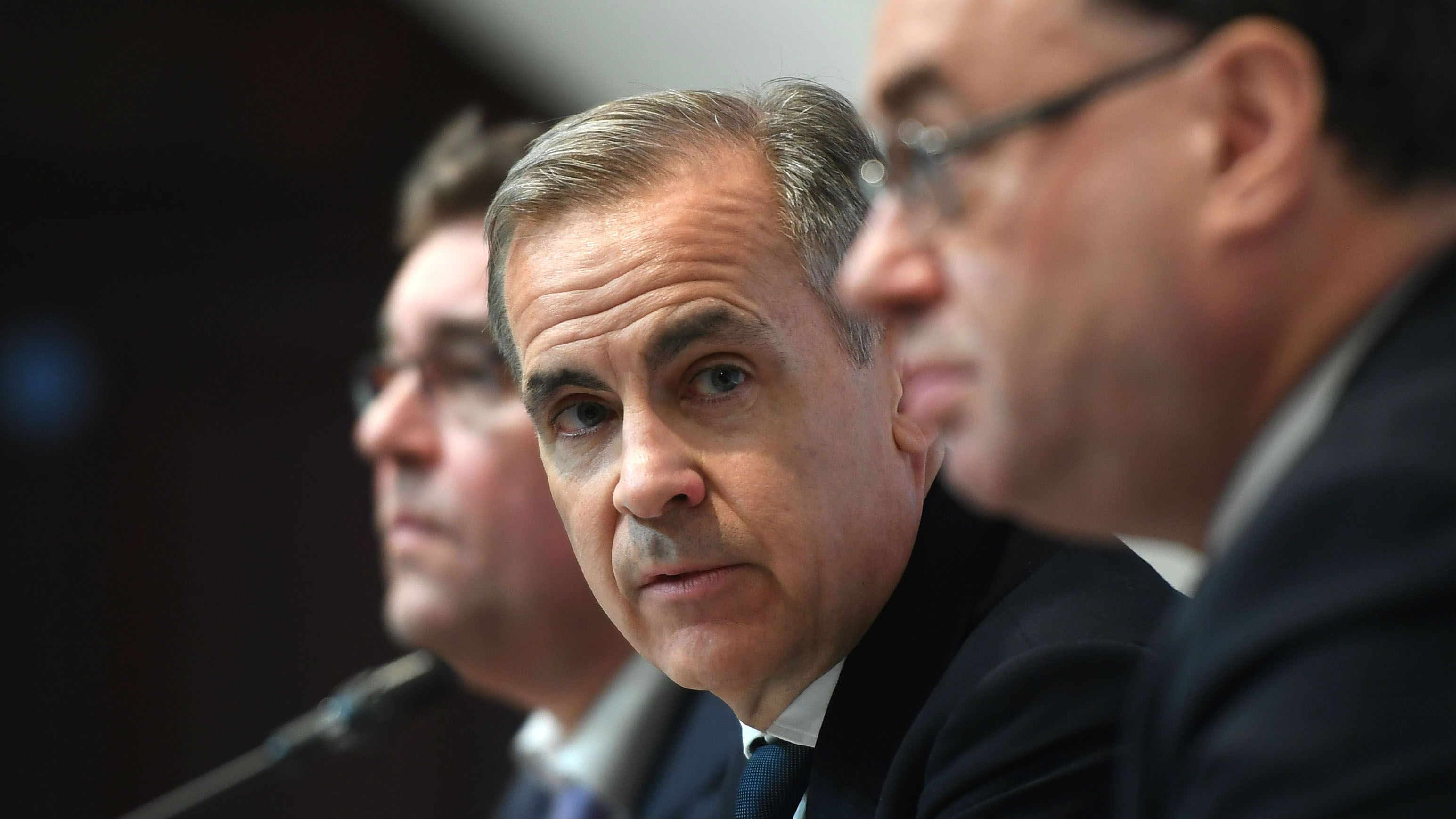Emergency interest rate cut: the winners and losers
How the Bank of England’s response to coronavirus outbreak may affect your finances

A free daily email with the biggest news stories of the day – and the best features from TheWeek.com
You are now subscribed
Your newsletter sign-up was successful
Interest rates have been cut by the Bank of England in a bid to counter the effects of the global coronavirus outbreak on the UK economy.
The Bank of England’s Monetary Policy Committee has agreed to reduce the main bank rate from 0.75% to 0.25%, “leaving almost no room to cut rates further”, says the Financial Times.
The decision was announced as Chancellor Rishi Sunak prepared to announce the 2020 Budget, with constraints on government spending and borrowing expected to be lifted.
The Week
Escape your echo chamber. Get the facts behind the news, plus analysis from multiple perspectives.

Sign up for The Week's Free Newsletters
From our morning news briefing to a weekly Good News Newsletter, get the best of The Week delivered directly to your inbox.
From our morning news briefing to a weekly Good News Newsletter, get the best of The Week delivered directly to your inbox.
So who will benefit - and who will lose out - from the interest rate cut?
Savers
The cut is bad news for savers, because High Street banks use the Bank of England base rate as a reference point for savings accounts.
That said, savers have “had to endure years of low returns anyway”, notes the BBC, which adds: “They may take heart from the fact this is a temporary measure from the Bank.”
A free daily email with the biggest news stories of the day – and the best features from TheWeek.com
According to Martin Lewis of MoneySavingExpert.com, the average UK saver currently earns just 0.4%, while the best easy-access accounts pay 1.3%.
“All these rates will likely drop. Yet at the very least make sure your money is in the top payer, not the poorest,” he says.
–––––––––––––––––––––––––––––––For a round-up of the most important stories from around the world - and a concise, refreshing and balanced take on the week’s news agenda - try The Week magazine. Start your trial subscription today –––––––––––––––––––––––––––––––
Homeowners
The rate cut may benefit homeowners, although it will not affect fixed-rate mortgages, which account for roughly half of home borrowing in the UK.
But people with variable or tracker-rate mortgages, or those about to take out a new mortgage or remortgage, are likely to be better off as a result of the decision.
Meanwhile, some banks are offering breaks from mortgage repayments for customers affected by the coronavirus outbreak.
Credit card and personal loan borrowers
MoneySavingExpert.com expert Lewis says that “most loans, credit cards and other debts will likely be unaffected or only minimally affected, because the Bank’s interest rate only plays a small part in their rates”.
Again, some banks are offering temporary credit limit increases, repayment breaks or waived fees for missed payments for people affected by the epidemic.
Business owners
The Bank of England’s “emergency action is clearly designed to help protect businesses, particularly small and medium-sized ones, and in turn the employment of millions of people”, says the BBC.
The broadcaster’s economics editor Faisal Islam says the key goal is to protect the cash flow of these companies, which may face “slumping demand, trade difficulties and staff absence” as the virus spreads across the UK.
Although the outbreak is “unique and highly unpredictable”, the Bank of England measures “should provide the firepower for banks to boost lending well above current lending levels”, Islam adds.